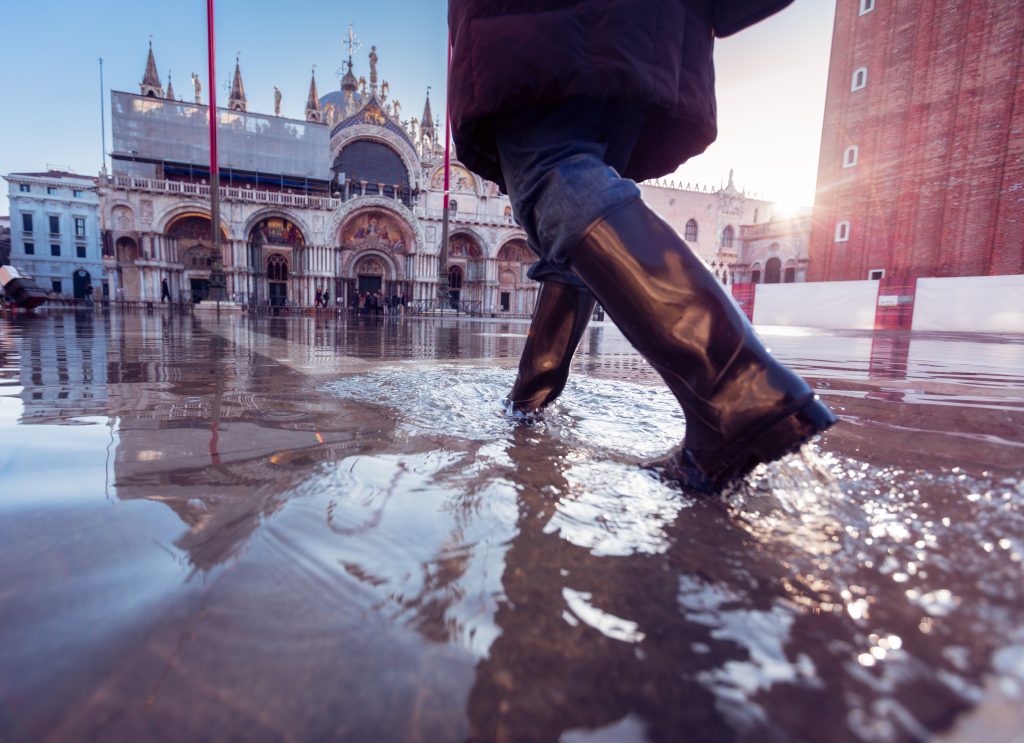This website uses cookies so that we can provide you with the best user experience possible. Cookie information is stored in your browser and performs functions such as recognising you when you return to our website and helping our team to understand which sections of the website you find most interesting and useful.
Floods in Italy: ‘We have a duty to safeguard hill agriculture’, Consorzio says
Following the flooding in Italy – in which eight main rivers of Romagna and another dozen minor ones overflowed all once – the Consortium Colli Bolognesi has said that organic viticulture is needed to safeguard viticulture in the hills, and act as a preventative measure in adverse weather conditions.

Last month, the city centres of Cesena, Forlì, Faenza and Ravenna were flooded when a series of rivers overflowed their banks, some areas remaining under water for more than ten days. The Bolognese Apennine mountains, and with it the hillside viticulture that embraces the city of Bologna, have not been spared and as previously reported by db, the heavy rains that hit Emilia-Romagna caused extensive damage to the vineyards, particularly around the Colli Bolognesi.
The persistent rainfall has not only caused massive landslides and mudslides – making it impossible to access vineyard safely during the very delicate vegetative phase – but the rising water levels are pushing mildew across almost 1,000 hectares of vineyards. There are also numerous problems with the infrastructures that have sometimes isolated the cellars, with the collapse of access roads and the interruption of connections.
What emerges after the rains is the need to safeguard viticulture in the hills and in mountain areas, which will act as both prevention and response to the increasingly extreme climatic phenomena that have been taking place in recent years. Wine makers are the guardians of our landscapes and the presence of active farmers limits the damage resulting from these kind of events: cultivated land is more compact, limiting the risk of landslides.
“Such extreme rainfall can be even more difficult to deal with if it comes after months of drought,” Antonio Capelli, President of the Consorzio Vini Colli Bolognesi explained.
“It is a phenomenon that we are well aware of by now and which reduces the soil’s ability to absorb water. An artisan agriculture compared to an intensive one can provide a few more weapons to cope with such adverse conditions: thanks to the attention to the organic matter of the soils it is in fact possible to keep them more permeable. We have a duty to safeguard hill agriculture after the now irreversible losses of mountain agriculture”.
As the frequency of episodes of high weather intensity increases, it has become more and more clear that joint commitments from companies, institutions and the local area is essential.

“The floods that have affected our area underline another urgent need, namely that of not underestimating the correct maintenance of the water basins” Capelli says. .
“Everyone is hard at work arranging, rescheduling the restart trying to go back as before, stronger than ever. They say that Romagna has a big heart and we are seeing a wonderful comradely among the different generations, people are marching together, in solidarity, with a concrete and substantial attitude to talk this tragedy.”
“We are seeing great efforts coming tighter among the institutions and the private sector so many are rolling up their sleeves to act steadfast to get out form the emergency.”
Last week Ferrari Trento announced its commitment to support reconstruction in the area by auctioning a bottle of Ferrari F1® Podium Jeroboam that has been personalised by all the drivers of the 2023 FIA Formula One World Championship Imola circuit. All revenues will be donated to the Agency for Territorial Security and Civil Protection of Emilia-Romagna, which immediately took action to help the affected areas.
Related news

